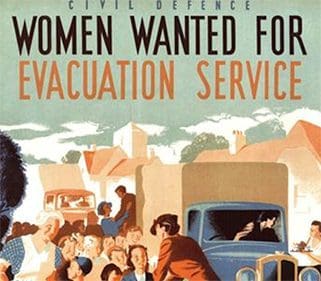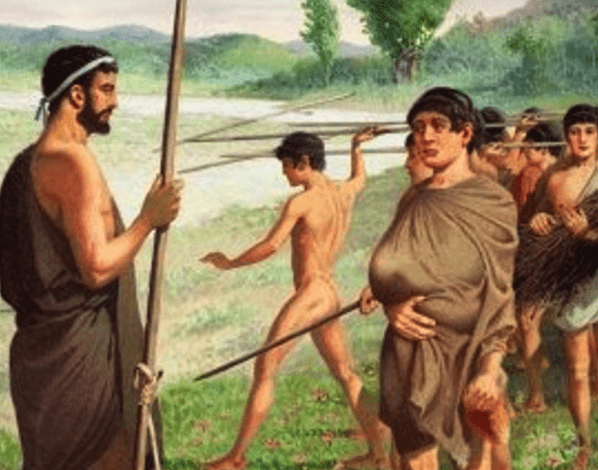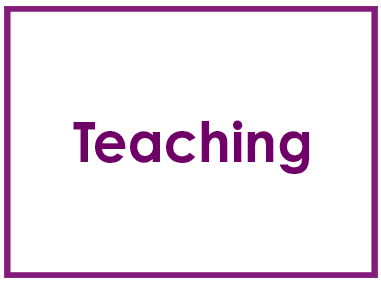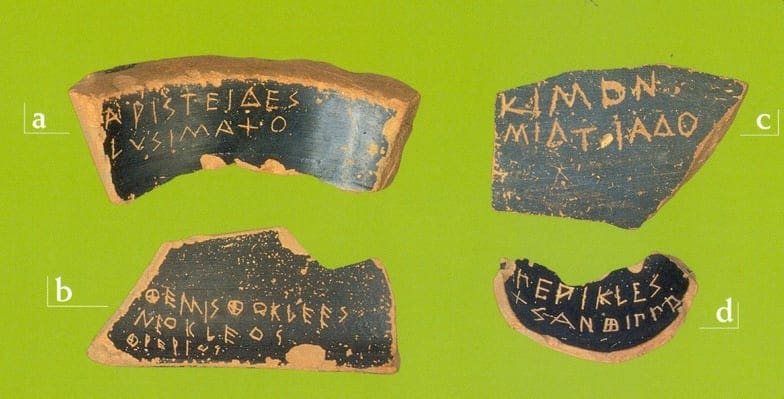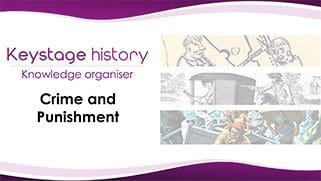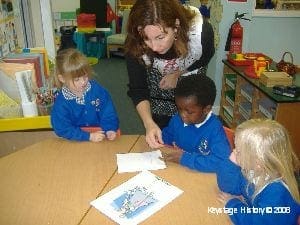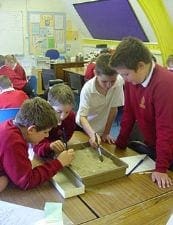
This section covers two main aspects: the ways of thinking that support citizenship education and the knowledge of past situations which helps children make sense of the present. People talk about political literacy, social and moral responsibility and community involvement. Citizenship is about pupils having a clear sense of justice, having a strong sense of identity and of other’s identity and worth, and understanding local national and international connections that help give them a vision of society for the future. For history to be seen as developing citizenship , there must be some link between past and present that helps children understand contemporary society. There are many examples that could be cited for both aspects. Here are just a few.
1. Promoting political literacy
The obvious examples to use here come from Ancient Greece. The word idiot comes from Ancient Greece and describes a person who does not fulfil their

